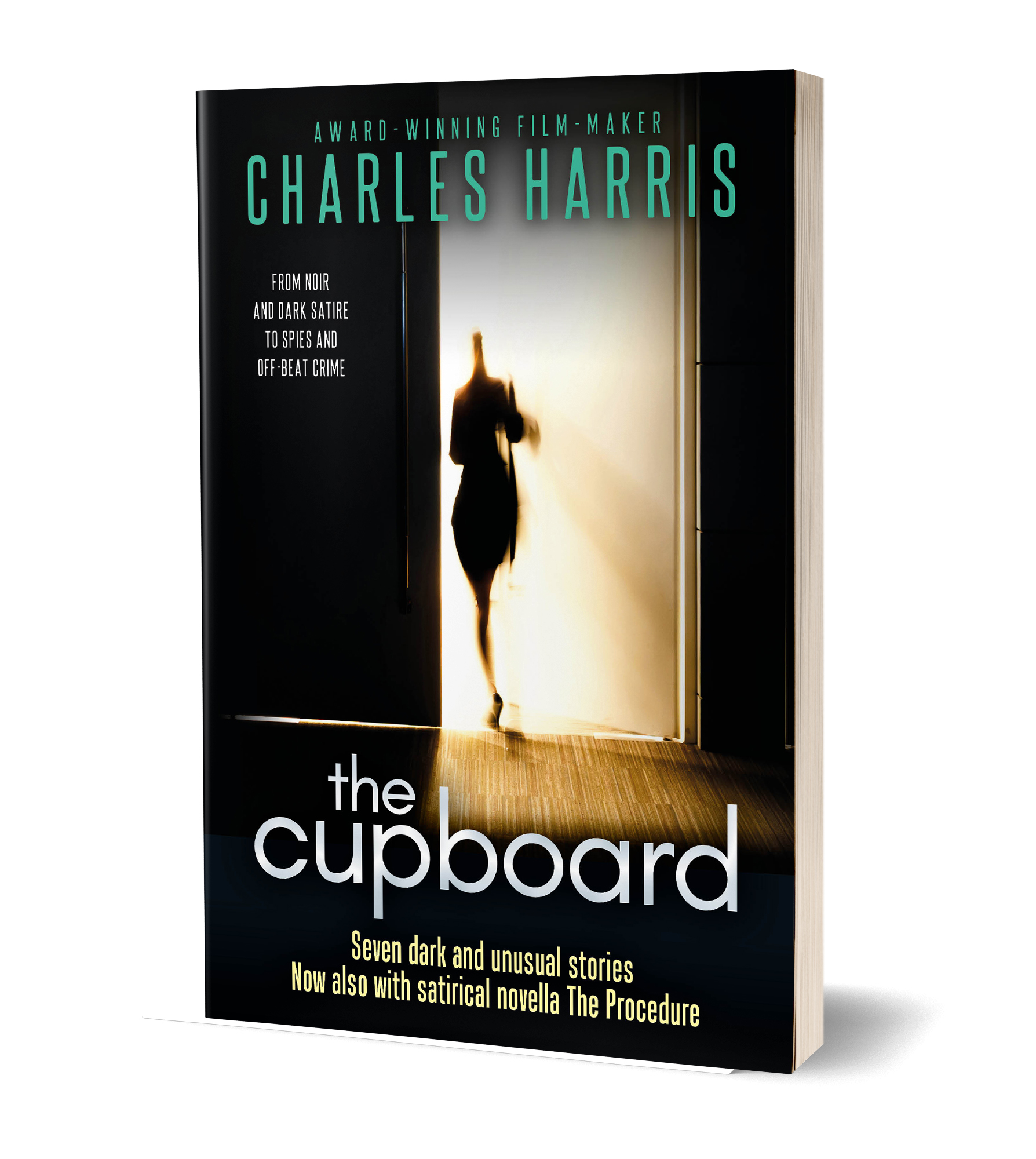6+1 ways to stop research becoming procrastination
29 Saturday Nov 2014
Written by Charles Harris in Mental Game, Procrastination, Psychology, Technique
Tags
 Last week a writer asked for advice on how long you should do research and how do you know when it’s time to stop and start writing your screenplay or novel. How do you stop research becoming procrastination?
Last week a writer asked for advice on how long you should do research and how do you know when it’s time to stop and start writing your screenplay or novel. How do you stop research becoming procrastination?
The problem, I suspect, is that research can feel like an attractive distraction from the “real” work of writing. So how do you make sure it doesn’t get in the way?
Here are six simple tips (plus one).
1. Research isn’t procrastination, it’s part of the “real work”
It’s tempting to think that the only real work of writing is writing – that anything else is procrastination. But as a writer you need to put fuel in the tank and part of that fuel is knowledge.
One important benefit of good research is that it helps you make things up more confidently. In particular, it helps you create an authentic world for your story and characters to live in. That applies as much to Twelve Years A Slave or Moon. The questions are different, but you’ll invent more confidently if you know a few facts. Whether it’s how to pick cotton or deal with extra-terrestrial gravity.
Research just as much as enables you to feel confident about the world you’re recreating.
2. Don’t only research
Don’t let research take over. Keep doing other writing at the same time – character studies, fragments of dialogue, drafts of hot scenes, etc, so the process doesn’t become dry.
3. You can make research up
This may shock you, but you don’t actually need to research anything at all. If it’s fiction you’re writing, remember it’s fiction. You can make things up. After a while you’ll find you’re making things up that are true!
I once was having difficulties getting to speak to a particular division of police detectives, until they saw my synopsis and rapidly agreed to meet. When I asked them what made them change their mind, they said my story was so close to a case they were investigating they wanted to know my sources. In fact, I’d made it all up
4. Don’t wait until you’re ready
Start writing the first draft JUST BEFORE you feel you’ve done enough research. Because you never will. If you wait until you feel totally confident, you do indeed risk falling prey to procrastination and you’ll miss the right moment. Start writing while you’re still unsure enough to be open and fresh.
5. The best research often comes later
Like many writers, I do much of my research after the first draft – because only then do I know what I need to know.
6. Remember why you started
Have fun. Research, like writing, should be enjoyable, at least some of the time. You don’t have to be disciplined about it. If you suddenly fancy following an obscure or apparently irrelevant trail, do it. You never know, that off-beat fact about parrots or Australian rules football may turn out to be just what you need. Or it may just be fun.
+1. Be prepared to forget all the above
Follow your instincts. Ignore any or all the above if they don’t feel right for you. The research is only the means to an end. The story’s the thing.
As they say, don’t get it right, get it written.


Tell people what you think